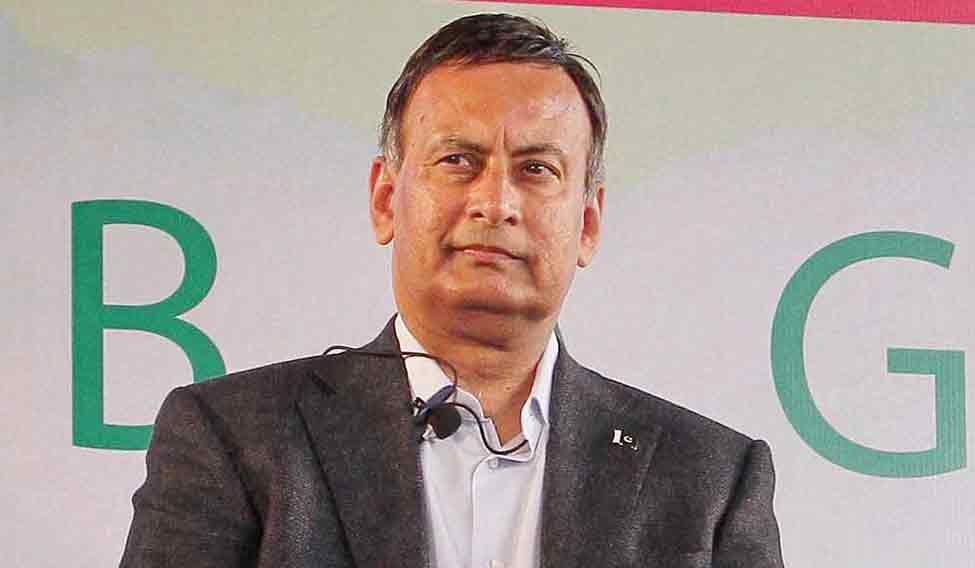Interview/ Husain Haqqani, former Pakistan ambassador to the US
India and Pakistan have started sparring again over Kashmir. Do you think Kashmir has come back on the centre-stage with this administration?
I think India-Pakistan sparring is cyclical. So are the problems in Kashmir. There is definitely an underlying unhappiness in the valley of Kashmir, which India has to deal with. There is definitely Pakistani support for jihadi terrorism, which Pakistan has to deal with. For its own sake, if not for India’s sake. At the same time, there is a reality of power equations that makes it unlikely for the status quo to crack soon. I think the international community is less likely to take any active interest in the matter.
There has been a rise in extremism. Do you see a Pakistan hand in this?
I don’t have any evidence of it being a Pakistan hand. But I don’t have any evidence for it not being a Pakistan hand. What is true is radicalisation, which is a phenomenon that is rising throughout the Muslim world. India needs to deal with radicalisation at source. The problem is that radicalisation ends up thinking in pan Islamic terms. Therefore, if there are any Kashmiris who think that their cause of independence or separation from India or even their accession to Pakistan would be served by radicalisation, they will end up being disappointed. Like all islamist radical movements of the world, it will end up a movement of anger that hurts the people it is supposed to be advocating on behalf of. I know many of my countrymen are trying to look at the new 1989 where the issues were only local. Even in 1989, the initial groups were the indigenous groups like Jammu Kashmir Liberation Front. Then it fell in the hands of Lashkar-e-Taiba and Jaish-e-Mohammed. Now, when the starting point is JeM, you can imagine the ending point will be even more extremist.
Nawaz Sharif dreams of claiming Kashmir. Do you see this as his position being dicey and him trying to strengthen it?
I don’t know how dicey his position is as Pakistan is settling into a new model where the military doesn’t take over power but controls policy. Sharif will probably complete his term like Asif Ali Zardari did by making compromises with the military. Is one of those compromises stepping up rhetoric on Kashmir? Possibly. However, I think that any expectation that it will change ground reality is unrealistic.
How do you see China supporting Pakistan’s position?
I think China wants to continue supporting Pakistan as a counterweight to India but nothing more. Even the expectation that somehow China will invest $46 billion immediately and it will be a big boon to Pakistan’s economy is unrealistic. The port of Gwadar even after completion will have a handful of berths. It will have maybe 16 berths in all, which is far less than the number of berths in Dubai or Mumbai. So fantasies of a Pakistan-China alliance that will result in making Pakistan into a mini superman are similar to the fantasy of a US-Pakistan alliance in the 1950s and 1960s, when Pakistanis thought that Uncle Sam will pump enough steroids in Pakistan’s muscles to make it a regional power at par with India.







